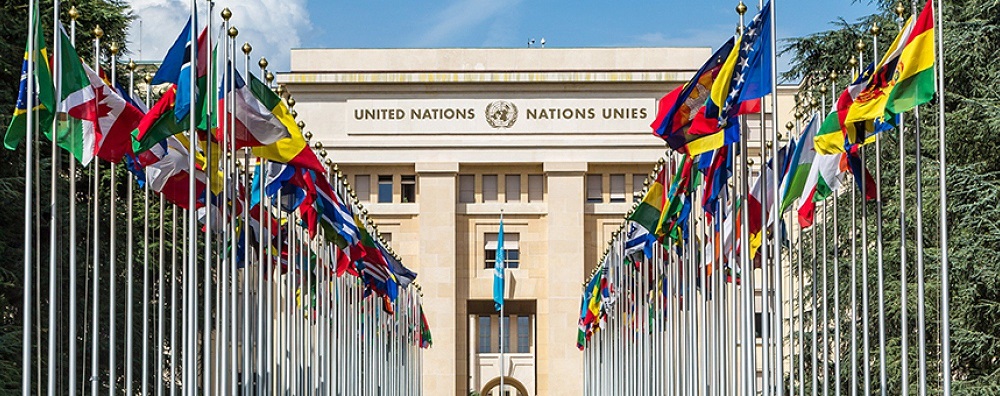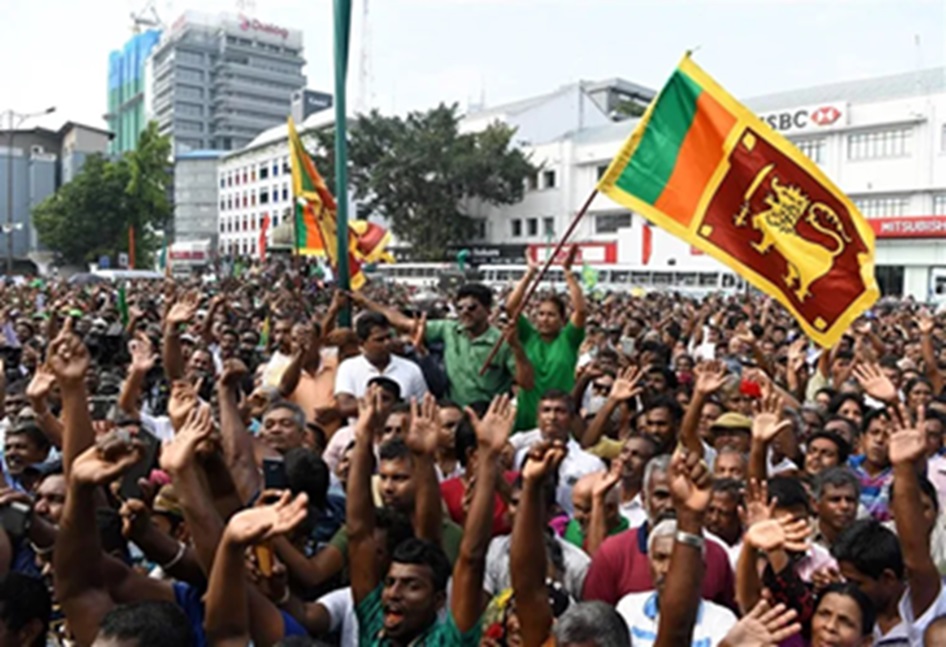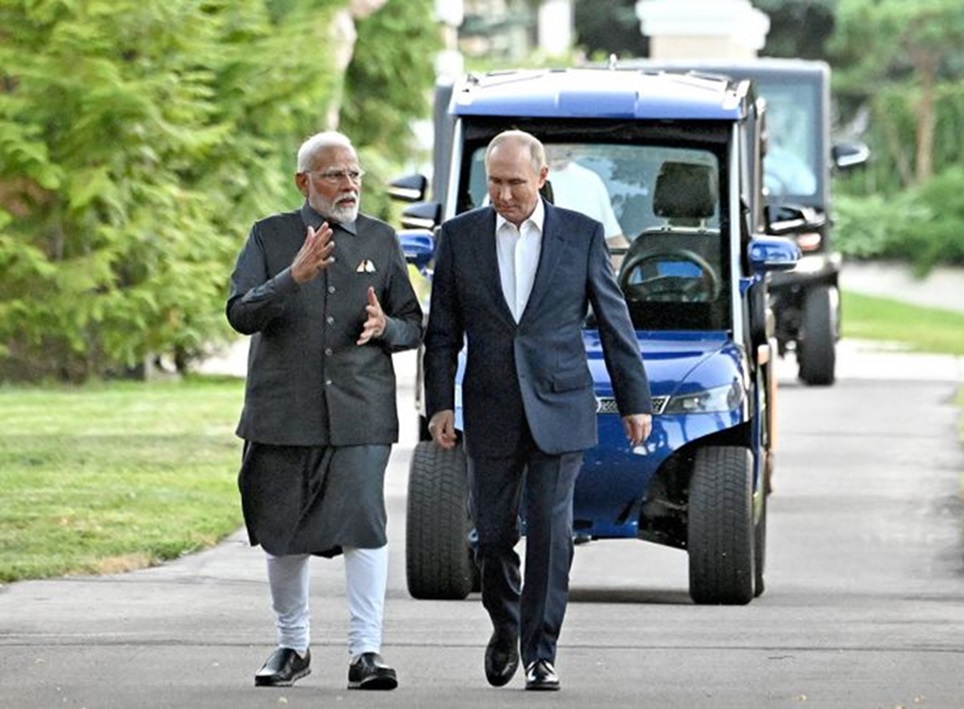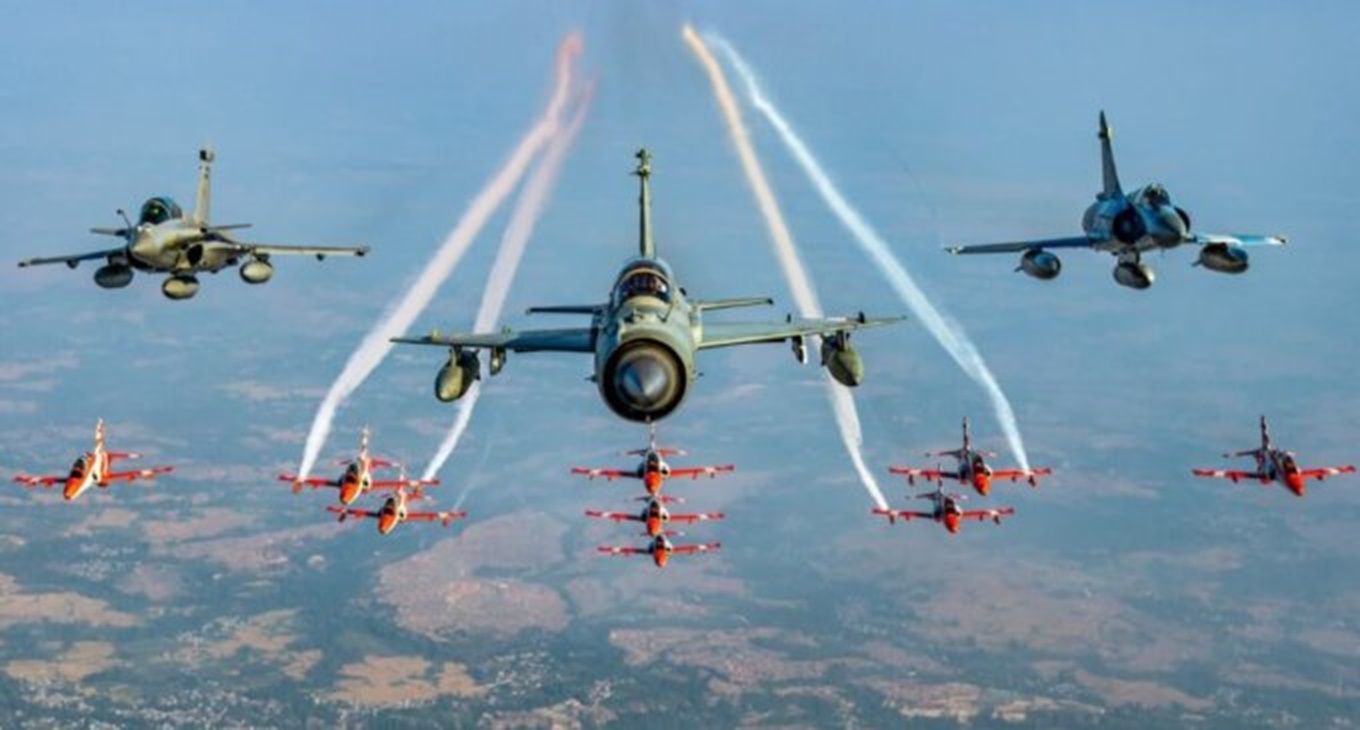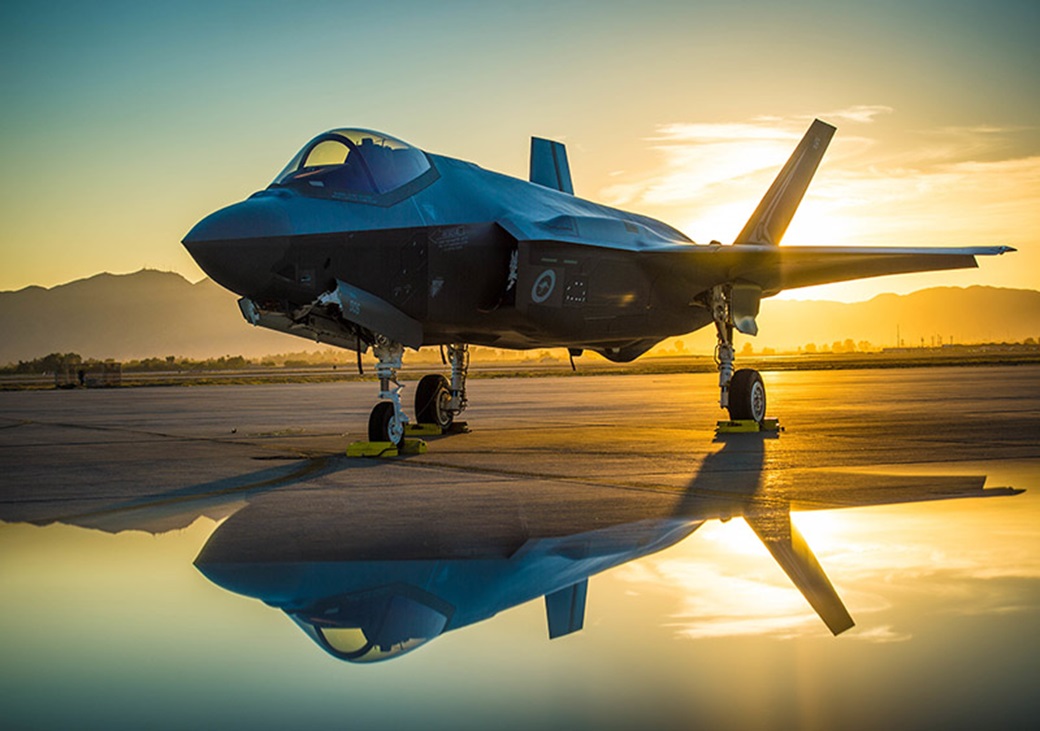Introduction
The idea of a peaceful community of nations proposed as early as 1795 saw the light of the day when Goldsworthy Lowes Dickinson coined the League of Nations but only after ‘War to end all Wars’ resulted in the collapse of great empires and the death of 20 million people. Established on 10 Jan 1920, it got disbanded on 19 April 1946 for failing to prevent conflicts and preserve global peace. WW II again saw approximately 3% of the world’s population perish when Franklin D. Roosevelt proposed a multilateral institute stronger and effective, i.e. the ‘United Nations’.
While the League of Nations could not even agree on a number of existing races to explain the five pointers of the star in its emblem, the UN formed a new index called Global Terrorism Index, but, without defining terrorism to date. Both institutions failed miserably in their aim, to enthral peace, which cost approximately $13.6 trillion or 13.3 per cent of global GDP in 2015. If asymmetrical warfare like terrorism, cyber vulnerability and threatened lanes of communications which are the gateway to instability and conflicts are not plugged amicably in time, then perhaps it will take another cataclysmic World War to bring about an expansion of the UN. However, a proactive stance to reprogram itself against its worn-out policies and organisational structure may save the world, burden of another catastrophe.
Present Flux and Global Perspective
The urge of Powerful nations to sustain or acquire rapid global domination has promoted the exploitation of trivial nations, who in order to obtain tribute, play one powerhouse against the other with the intrinsic value of their UN vote. This has created flux and grouped agendas against the very ethics of nations who had united to form the United Nations. Globalisation, which should have augmented the welfare of humanity, has instead, equipped the environment with political vendetta under the very nose of the UN. Increased human sufferings due to conflicts confirm that the UN, which should have been the sole intergovernmental organisation to run the world, not only lacks the required organisational modification and proactive philosophy to keep pace with the changing environment but also lacks the strength to pragmatically prohibit that change, which destroys human peace.
In a 2015 multi-stakeholder approach, 10 million people from all walks of life expressed their views to adopt the radical plan of agenda 2030 and its 17 Sustainable Development Goals (SDGs). All countries agreed that development should focus on economic, social, security and environmental sustainability. However, there are forces acting contrary to the aim by “cherry-picking” their agendas at the cost of global degeneration, say from nuclear testing to space and cyber warfare to terrorism as a state policy and imponderable genetic vicissitudes. It is unbelievable that 10 per cent of the world population lives in extreme poverty and more than 820 million people remain hungry when there is more than enough food in the world to feed our population of 7.8 billion people. There are more than 281 million migrants in the world i.e. about 3.4% of the world’s population. Half of the world’s population lacks basic health care facilities. It may be remembered that Sir Arcot Ramasamy Mudaliar, an Indian, inaugurated a health conference on 19 June 1946 which later took shape of the World Health Organization (WHO) with an aim of good health care for all. However, a deficiency in proactive administration has left the aim unfulfilled. The World Bank and the WHO wants to name and shame the defaulter countries, but what about the responsibility of the WHO itself, which should not have allowed this situation to arise in the first place. Medical infrastructure and facilities with respect to Covid-19 Pandemic have blown the lid off, not only in resource availability and mitigation but also as a source of the virus. More theories point towards a deliberate leak from Wuhan Laboratory as a bioweapon than a natural phenomenon from the animal market. It is continuing to spread and mutate around the world, with more than 185 million confirmed cases and four million deaths across nearly 200 countries resulting in 90 trillion global economies, to suffer more than 4 trillion losses already. This will continue to be a challenge for the working of the Fifth Committee in future as well. A handful of perpetrators of this crime have been able to survive due to power imbalance, covert support and absence of strong and impartial intent of WHO, something akin to survival of terrorism. In Afghanistan a handful of terrorists have managed to blackmail legitimate government and devastate the region for decades just because they are proxies, covertly leveraged by other nations for their asymmetrical warfare, to be able to accrue greater benefits at a lesser cost without being directly involved. Collective challenge and unbiased jointness is the only mantra to isolate and punish such monsters. However, the UN seems to be missing in all its proactive positioning.
Peace and development are synonymous, hence to be sustainable, they should be risk-informed, inclusive and smart. UN will need to reboot and bell the cat to curb corruption and nepotism which has made this benevolent institution more malicious and superficial. To break its “Post office syndrome”, its structure has to be augmented with countries like India which has the capacity and will to challenge unjustified hegemony, endemic corruption and inequality without any prejudice. However internal delays and differences among members are hindering India’s rightful place. The world and the UN Diplomats have blamed China for having quietly carried out a campaign to stop the draft resolution from acquiring speed for expansion of the UNSC for obvious reasons. “Change is the only constant in life” the world, therefore, has to change or perish.
Indian Perspective
India, bound by the importance of moral values and unanimity i.e. Vasudhaiva Kutumbakam in the Indian society advocated equitable international security, economic, social and political order. India became the founder member of the UN by signing the 1 January 1942 Declaration and the UN charter on 26 June 1945 represented by Sir Arcot Ramasamy Mudaliar, KCSI. In line with its values, it conceived and co-sponsored the landmark 1960 Declaration of UN on Granting of Independence to Colonial Countries, took the lead role against apartheid and the non-aligned movement and got elected as the first chair of the Decolonization Committee based on this merit. Dr Hansa Mehta and Lakshmi Menon initiated women rights and equality in 1947-48, in support of which, India has so far contributed 8
million dollars to UN Women for its global operations. India also doled out the first woman President of UNGA, Mrs Vijaya Lakshmi Pandit in 1953 during its eighth session. Mr Shashi Tharoor in 2006 missed the opportunity of being a Secretary-General by a whisker. There were many other coveted posts occupied by Indians in the six UN committees. Currently, there are seven Indians in senior leadership positions at the United Nations at the levels of under and assistant Secretary-General including military officers for peacekeeping. India was also the Chair for the UNSC for the month of August 2021.
India has the distinction of contributing 253000 personnel in 49 of the 71 UN peacekeeping missions since 1948 which is more than any other country. This includes 17 Force Commanders and 2 military advisors to the Secretary-General. It was the first country to deploy an all-women contingent (UNMIL) in 2007. India lost 173 Indian peacekeepers i.e. more than any other member state. Currently, there are around 5,500 Indian peacekeepers, the fifth-highest amongst troop-contributing countries which is almost twice the number of peacekeepers deployed on the ground by P5 countries. It continued to maintain its troops on UN peacekeeping duty abroad, even when it was faced with wars in 1962, 1965, 1971 and 1999. World’s economic driver from 1st until the 19th century, the “Golden Bird” as it was called, always contributed to the world economy and peace. While it has never attacked or annexed any country, it demonstrated the will and capacity to use hard power for righteous cause when a belligerent China surreptitiously intruded into Indian Territory.
Post formation of the UN, asymmetrical warfare has abetted terrorism. Lots of water has flown under the bridge since the introduction of the first international treaty against terrorism in Tokyo in 1963 and the Sectoral Conventions Declaration in December 1994. While the first mainly emphasised hijacking, the Sectoral Conventions highlights measures to eliminate international terrorism according to UNGA resolution 49/60. In spite of the United Nations Office for Counter-Terrorism (UNOCT), Global Counter-Terrorism Strategy (GCTS) and Financial Action Task Force (FATF), the UNSC still continues to be an important forum for combating terrorism. To ensure that this platform is not misused by peoples with retaliatory intent, it needs to be expanded with countries like India which denounces any form of terrorism and had proactively pursued the introduction of the 13 Sectoral Conventions on terrorism which was pending since 2009. Prevention of international terrorism, including State-sponsored, which is part of asymmetrical warfare is the most essential element for maintaining peace and security. India should therefore ensure strict implementation of Security Council resolution 1373 when it chairs the CTC in 2022.
In pursuance of its policy of diplomatic and peaceful resolution of conflicts, it garnered international cooperation against piracy and initiated peaceful release of hostages and prosecution of perpetrators by legal means. Afghanistan is another battleground of regional competition and confrontation where India was extending economic and moral help to the legitimate government in spite of the threat of kidnappings and terrorist attacks against Indian targets by Taliban, al Qaeda, JeM and LeT operatives. It still continues to support legitimacy and the democratic process against heavy odds. Its resolve to get UN policies implemented when other nations are fearful of the Taliban corroborates its single point apolitical agenda, i.e. peace. India has successfully drawn global attention and cooperation in the areas of counter-terrorism, prevention of the proliferation of weapons of mass destruction to non-state actors, and the strengthening of UN peacekeeping and peacebuilding efforts. Historical democratic values of the Indians enthused the world leaders to include Indian intellectuals in drafting the five core human rights conventions of the Universal Declaration on Human Rights since its inception.
India demonstrated its ‘high moral principles to the world when it willingly agreed to hold a plebiscite in Kashmir in spite of being in a position of strength. It continued to respect the Indus water treaty in spite of Pakistan’s support for state-sponsored terrorism in India. Its position on Non-alignment policy stood the test of the time when it refused to compromise core values to gain recognition by denying the offer of a permanent seat in 1950 and 1955. It continued to support the seating of Communist China in the UN even after becoming a victim of the 1962 invasion. The Indian civilizational and political ideologies inspired it to wait till it was in a position to claim the high seat on its own merit because it knew that while pretending to solve the issues, it would only accentuate problems and disturb regional peace.
India is a democratic jackpot. It possesses perennial optimism of projecting its soft power, exercise ‘nudge theory’ when required and apply hard power under extreme conditions. Attributes like largest democracy, second-most populous country with a largest young population, geographical location and strategic depth with 7th largest land area, 5th largest fastest growing economy, 2nd largest Army, 4th largest Air Force, 7th strongest Navy, overall 4th strongest firepower, a nuclear weapons state, member of MTCR and Wassenaar arrangement, corroborates its hard power. Its 5000 years of experience of peaceful co
existence within a multi-cultural and multi-ethnic society, its survival of 800 years of foreign rule, absorbing disintegration and letting go its territory to form Sri Lanka, Burma and Pakistan only to preserve peace in the region, its contribution of many firsts to the world like, first university – Takshashila, numeral Zero, chaturaṅga or chess, buttons, shampoo, cure for leprosy, Moksha Pat or game of Snakes and Ladders, Ayurveda, time taken by the earth to orbit the sun, Buddhism and Jainism, Fibonacci pattern of numbers, Cataract surgery, Cresco graph, cashmere wool, USB, Kridapatram or card games, Jute cultivation, Trigonometric functions, Pentium Chip, Sugar and Yoga which was formally introduced to the world by India vide UNGA Resolution declaring 21 June every year as the International Day of Yoga with a record number of 177 co-sponsors and last but not the least its knowledge of non-permanent member in UNSC for eight times validates its rightful position for permanent membership of the UNSC.
In line with its ancient and deep-rooted philosophy, India went out of the way to save the world by providing prototypical assistance in mitigating the effects of Covid-19 at the cost of own sufferings when other countries were using this as an opportunity to make money. India’s natural right for permanent membership was apparent when 184 out of 192 countries reposed faith in India’s capability to contribute to the UN’s aim. The past, present and future of India and the UN are intertwined in a seamless thread. Abdulla Shahid the president of the 76th session of the United Nations General Assembly along with the Indian Presidency of UNSC should therefore leverage all powers vested in them to fulfil this global aspiration.
Acceptance of Necessity
Having existed for more than 75 years, UNSC does not represent the true geopolitical and economic realities of the 21st century. Failure in regulating global common issues and blatant abuse of the Veto power has underestimated the authority of the UN, making it increasingly irrelevant. Out of a total of 273 vetoes, a maximum has been misused. Let’s take the example of China which has used 10 of its 17 vetoes to stop humanitarian aid for victims of chemical weapon attacks in Syria, six vetoes in favour of coups and against peaceful processes and one veto to favour terrorism. In fact, it was the only country among the 15-member UNSC to have used the veto to oppose a ban on Masood Azhar, founder of Jaish-e-Mohammed, already in the UN’s list of banned terror outfits when the world pledged to fight terrorism collectively. It makes new mistakes to fix old ones and supports the Taliban to overthrow the legitimate Afghan Government, just to evade effects on Xinjiang. China dares to reject verdict on UNCLOS, it doesn’t allow WHO for a fair investigation of the suspicious virus leak from its Lab, refuses to comply with human rights imperatives, especially on Uyghurs, Tibetans, Mongolians and people of Hong Kong and claims territories belonging to other countries by military coercion. China wants to enjoy all perks but circumvents the responsibilities of the UN Charter. Can such a country with a myopic vision be allowed to have veto power? Article 6, Chapter two of the UN Charter caters for expelling a member country for persistent violations, this article needs to be made more authentic and workable. China’s continued disregard of the UN charter makes a strong ethical case for punitive action against the country’s autocratic regime. Moreover, if Taiwan could be replaced by China then why not China with India. India’s argument at the time of the founding of the UN that the veto power granted to the permanent members was a ‘necessary evil’ has come true. However now that it has been in vogue, there is a necessity to secure it by equal and legitimate representation by expanding UNSC or replacing biased permanent members.
Conclusion
Agenda 2030 echoes the aspirations of more than 150 countries to leverage India’s expertise and its intent to bring justifiable changes in structure, concepts and policies for the equitable benefit to all countries of the UN. India’s consistent objectives and principles of its foreign policy on the one hand, and the purposes of the UN on the other, commensurate with the demands for democratization of the sanctum sanctorum of the UN structure, i.e., the Security Council. India will not allow any country, no matter how powerful, to arrogate itself the right of taking arbitrary and unilateral military action against others because it does not brook might is the right norm, no matter who prompted it or who is affected. Recent changes in India’s foreign policy and its ability to make or break the “Abilene Paradox” disorder under the leadership of Mr Modi has no parallel in the world. The present state of flux in the international order echoes the reoccurrence of another world war and disregarding this starter pistol warning will surely push us all into more devastating conflicts. Mr Modi and his team should therefore take this opportunity to strongly voice their concern for the expansion of the UNSC and a permanent seat for India in the 76th UNGA secession, for the sake of a peaceful and progressive world. India will be a force-multiplier in UNSC and its inclusion is a sine qua non.
Disclaimer: The views and opinions expressed by the author do not necessarily reflect the views of the Government of India and Defence Research and Studies
Title Image Courtesy: https://www.scmp.com/topics/united-nations

